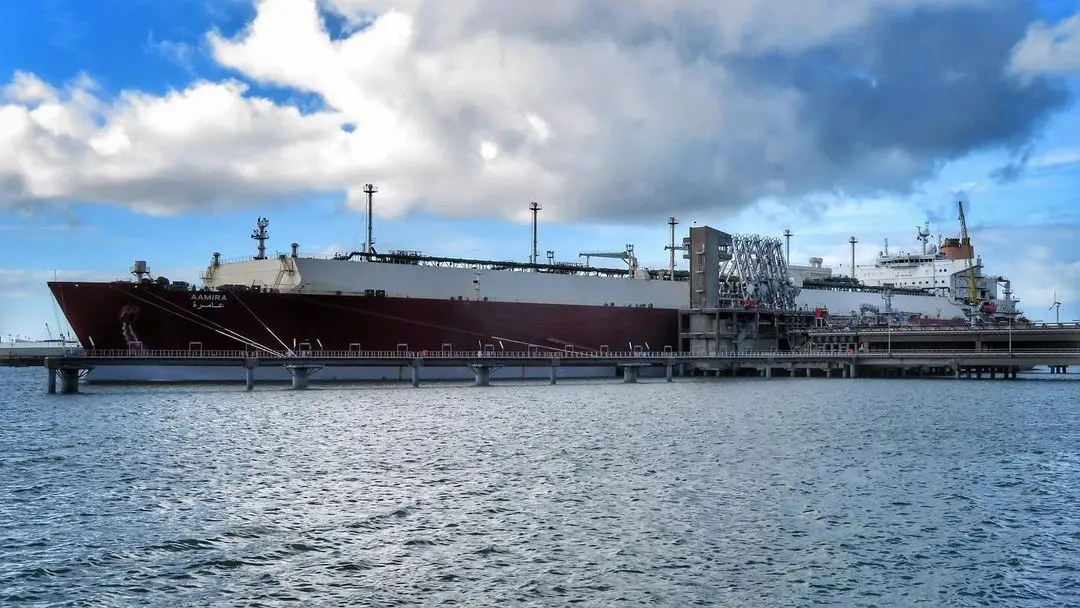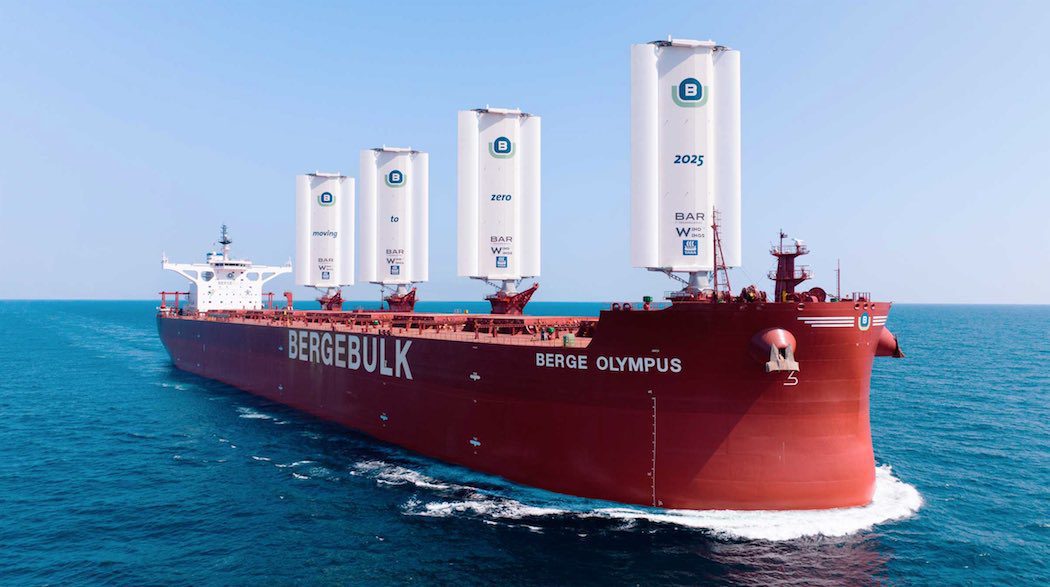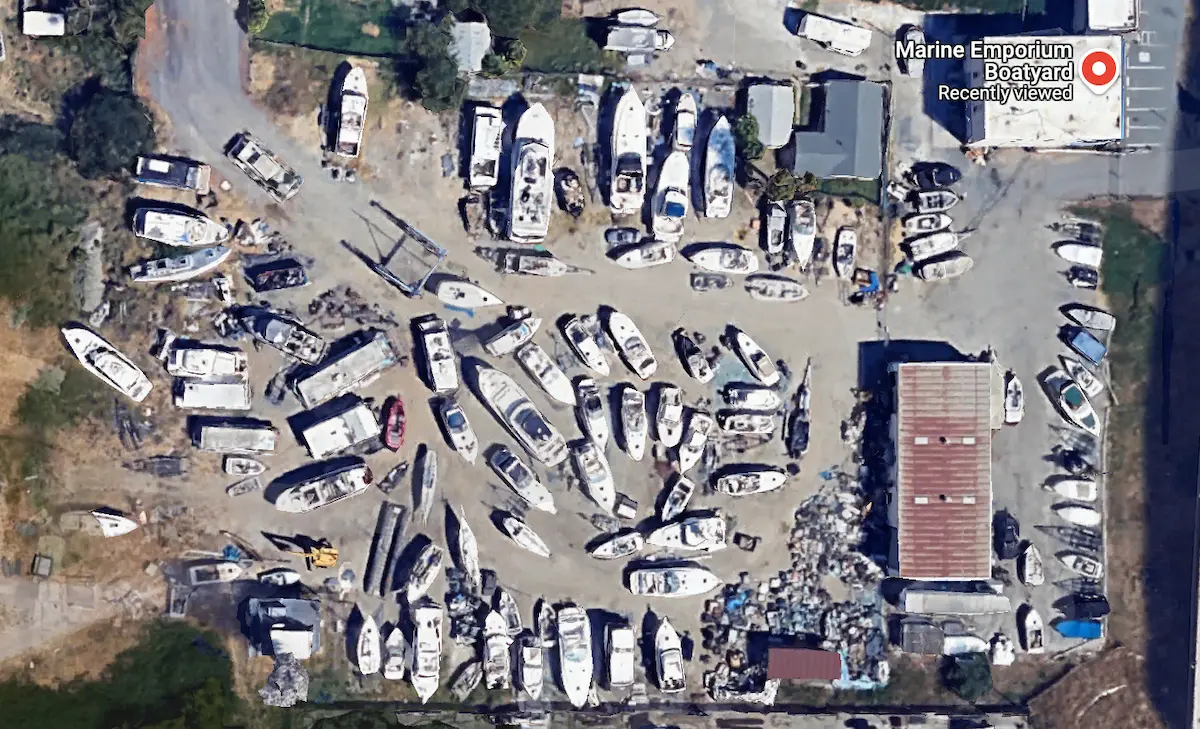Marine fleet management is the process of managing all ship procedures, including administrative and operational tasks, such as shipping procedures, documentation and logistics. It aims to streamline marine fleet operations to enhance efficiency, performance and productivity. But how does the process work?
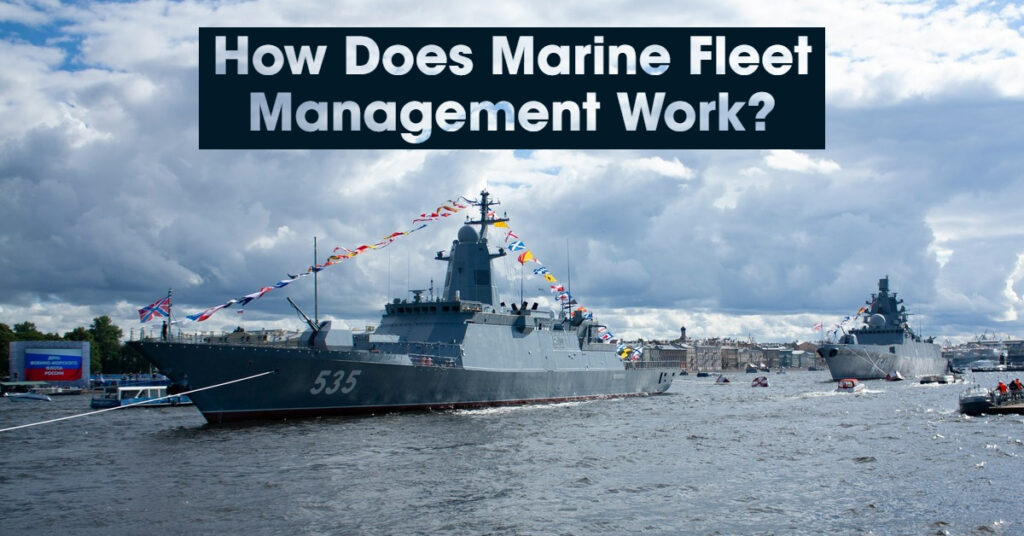
Challenges of Fleet Management
Managing a fleet is becoming more complex and challenging as the maritime industry continues to evolve. Some of the reasons for this include stricter regulatory compliance demands, rising operational costs and the growing need to make real-time, data-driven decisions.
Fuel price volatility is among the top fleet management challenges that prevent managers from accurately forecasting prices. This impairs the effectiveness of most cost-reduction strategies, such as optimizing routes and decreasing idle time. Storms and other severe weather conditions threaten a vessel’s safety and impede proper planning.
Benefits of Marine Fleet Management
Fleet management software is an essential tool for managing dispersed marine assets, maximizing return on investment and solving some of the industry’s common struggles. The technology typically provides control over compliance management, crew scheduling and management, standardized reporting, and document organization
Investing in marine fleet management software has numerous advantages for small and large organizations. Some of the top benefits of effective marine fleet management include the following.
Improve Fleet Efficiency
Fleet management technology employs sensors and devices to gather real-time insights and generate data and information that informs decision-making and overall fleet performance. The insights give fleet operators and managers a clear picture of fleet performance. For instance, they can look at the overall fuel consumption and minimize it according to the routes and vessel type.
Management software also allows the identification of potential problems, such as vessel performance degradation and the efficiency of energy-saving devices. It also automates daily tasks such as route planning, reducing the margins of error and saving time.
Enhance Regulatory Compliance and Safety
Marine fleet management software allows real-time vessel monitoring, which allows operators to see its position and weather conditions. This helps ensure the crew’s safety while on the water. With the software, leaders and staff can spot hazards early, send alerts, guide crews back to safety, and help them make safe and informed decisions.
The technology automates documentation and reporting, making it easier for marine businesses to comply with safety standards and regulations. Doing so keeps operations law compliant, ensuring you avoid penalties and simplify auditing.
Identify Performance Improvement Opportunities
Monitoring vessel performance is essential for identifying areas of opportunity. However, it becomes more challenging as a fleet grows and data sources expand, making it harder for operators to identify ships that need maintenance. The software’s regular insight reports assist in this area.
The visibility enabled by fleet management software also enables management to identify changing weather conditions and make informed decisions. This enables proactive maintenance, optimized fuel usage, and enhanced crew and environmental safety.
Boost Cost Reductions
Maritime fleet management enhances financse by providing analytical tools that enable operators to monitor and manage expenses, such as crew costs, fuel consumption, maintenance expenses and port charges. This can help identify patterns and areas of opportunity where costs can be minimized, and financial efficiency can be achieved. The fleet management software’s budgeting and forecasting abilities enable more accurate financial planning and implementation of strategies that improve profitability in the competitive maritime industry.
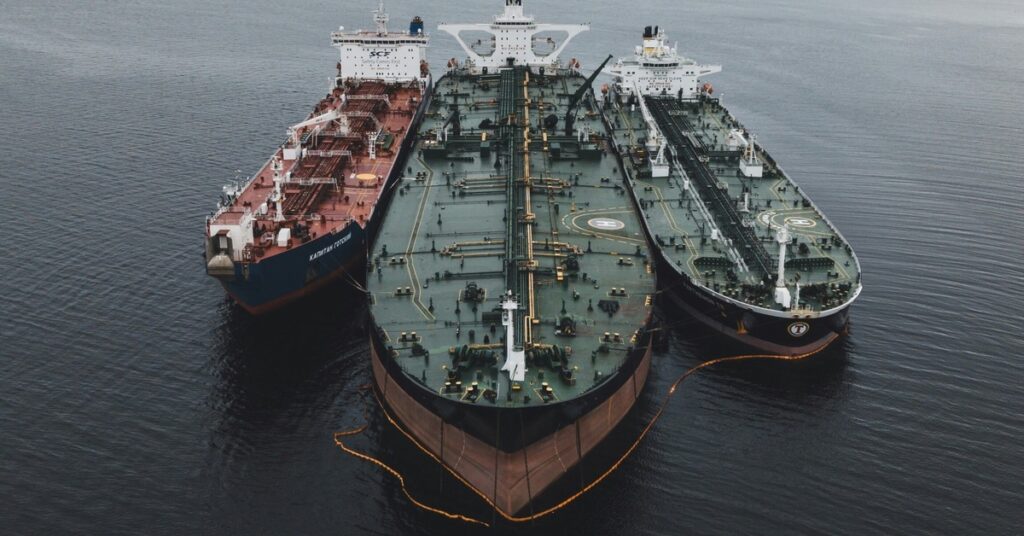
The Ultimate Marine Fleet Management Solution
It helps to break down several variables that eliminate time wastage and resolve any non-conformities. To achieve a high return on investment, you need a marine fleet management solution that can help you achieve the following.
Marina Management
Fleet management software is a centralized platform that introduces automation and connects several ship components. GPS and celluar data connectivity improve the real-time transmission of important data to optimize dock utilization, handle reservations and accurately schedule dockings.
Some of these software allow the visual creation and presentation of dock layouts to improve the allocation of slips and berths. It also allows users to track a ship or boat’s availability, conditions and status, as well as monitor the vessel’s fuel levels and meter readings.
Detailed Reporting
With marine fleet management software, managers and operators can access detailed reports that allow them to analyze performance to facilitate data-driven decisions. The reports provide insights into the fleet’s financial health, performance and customer behavior, allowing them to identify trends and patterns that can improve efficiency and profitability. With reports from the technology, leaders can more easily keep track of expenses and taxes, which is crucial for business growth.
With clear records, you can more easily claim your section Section 179 deduction, which allows you to recover the full purchase price of qualifying equipment bought and financed during the same tax year. These include new or used vehicles and those over 6,000 pounds solely used for business purposes. The adoption of maritime technology improves the tracking and reporting of a number of ships and related assets.
Work Order Management
Marine management requires a lot of paperwork, which you can ditch for software that enhances the process of work orders and maintenance tasks. Doing so enables operators to create work orders and estimates in a few easy steps, with a backup of customizable templates they can use to generate reports and track work order status. It also allows them to review past transactions and billing information and ensure all transactions comply with marine safety rules and regulations.
Inventory Management
Management systems centralize transaction records and data, making it easier to complete purchases and accept payments. They come with a point-of-sale system that helps create invoices, generate receipts and manage customer orders.
To top it off, it helps keep track of inventory, purchases and orders, categorize merchandise, and improve projections. This helps eliminate oversights, inefficiencies, overstocking and understocking. Some options help create purchase orders for missing stocks and send them directly to the supplier, making planning more efficient.
Managing a Marine Fleet Takes Dedication
Marine fleet management is a tough yet necessary task. However, utilizing software to streamline it creates a ship that’s more efficient and safe. Learning more about the concept helps decision-makers adhere to regulations, keep sustainability in mind and improve crews’ experience.
Frequently Asked Questions
What is a maritime fleet?
A maritime fleet is a group of ships organized to operate as a unit to transport goods via sea. It is often considered the most cost-effective way to move large quantities of goods over long distances.
What is the purpose of fleet management?
The goal of fleet management is to manage and control all elements of a company’s fleet operations. These include fuel efficiency, crew management and safety, regulatory compliance, environmental conservation, scheduling, and fleet maintenance.
What are the benefits of effective fleet management?
Effective fleet maintenance has numerous benefits, such as reduced fuel costs, maximized marine fleet efficiency and enhanced regulatory compliance. Fleet management software should be able to oversee all operations to run the business efficiently and safely while complying with industry rules.
What are the roles of a fleet manager?
A marine fleet manager is responsible for planning, managing and controlling the assignment, utilization, maintenance, repair, and replacement of fleet vessels. They also oversee external and internal policy compliance and ensure effective communication between the team and the clients.
Why is improving fuel efficiency on marine fleets important?
Fuel efficiency in marine fleets helps reduce operational costs, minimize greenhouse gas emissions and improve the energy efficiency of ships. Fleet managers typically recommend engine upgrades, fuel type switching and slow steaming.
- The 15 Most Exciting New Ships of 2025 – January 6, 2025
- How Old Do You Have to Be to Drive a Boat? – November 12, 2024
- The Engineering Behind Ice-Class Vessels – September 20, 2024

